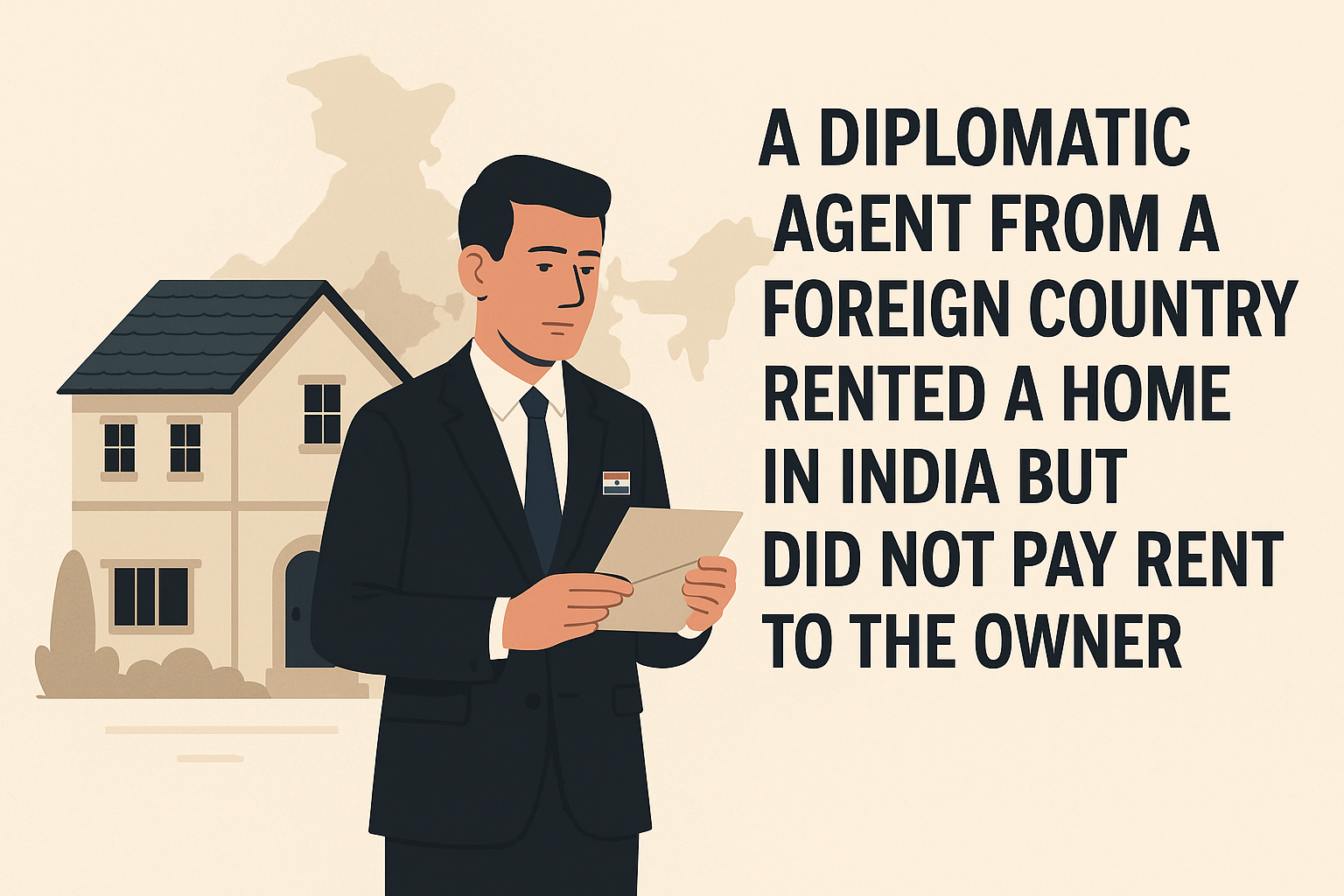ECOSOC, short for the Economic and Social Council, is one of the six principal organs of the United Nations. It plays a central role in promoting international economic and social cooperation and development.
Established under the UN Charter in 1945, ECOSOC serves as a key forum for discussing international economic, social, and environmental issues, and for formulating policy recommendations addressed to member states and the UN system.
Composition and Structure
- ECOSOC has 54 member states, elected by the UN General Assembly for three-year terms.
- The seats are distributed based on geographical representation.
- The council meets annually and holds special sessions as required.
It works with UN agencies, NGOs, and intergovernmental organizations, making it one of the most inclusive and broad-based UN bodies.
Functions of ECOSOC
Performs the following key functions:
- Coordinates the economic, social, and related work of the UN and its specialized agencies (like WHO, UNESCO, ILO).
- Promotes higher standards of living, full employment, and economic and social progress.
- Facilitates international cultural and educational cooperation.
- Advances human rights and fundamental freedoms.
- Supports sustainable development goals (SDGs) and monitors global progress.
ECOSOC and the SDGs
ECOSOC plays a critical role in monitoring and advancing the 2030 Agenda for Sustainable Development. Through its High-Level Political Forum (HLPF), it reviews global implementation of the SDGs and promotes collaboration among nations and agencies.
Importance of ECOSOC
- It provides a global platform for dialogue and collaboration.
- Helps align international development policies.
- Strengthens international accountability and data sharing.
- Amplifies the voices of developing countries and civil society.




